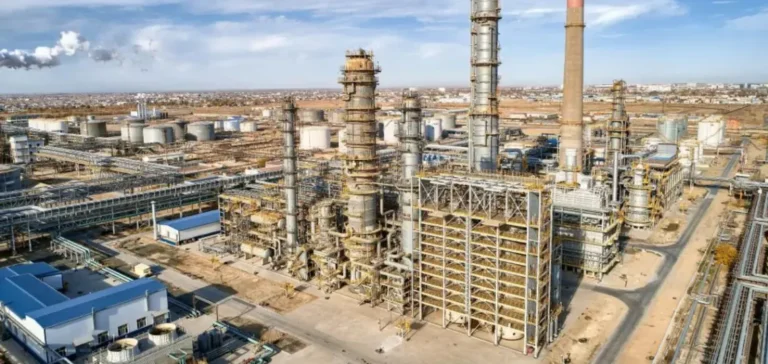The government of Kazakhstan has approved a long-term development strategy for its oil refining industry covering the period from 2025 to 2040. This approach aims to strengthen the sector’s competitiveness in response to shifts in the global energy market, relying on sustained domestic demand growth and expanded export opportunities.
Clear objectives for production and export
Authorities have stated that the primary focus is full supply of the local market with high-quality petroleum products, responding to expected consumption growth of 1.5 to 2% per year. This increase is driven by urbanisation and industrial development. At the same time, the strategy aims to raise the share of exports in total production, setting a target for foreign sales to reach 30% of refined volumes by 2040, with particular attention to China, India, and Central Asian countries.
Development of the petrochemical sector
The plan also covers the development of the petrochemical and gas sector, notably through the creation of new value chains for the production of polymers and fertilisers. Cumulative investments in this field could reach up to $5bn (approximately KZT2,379.4bn) according to preliminary official estimates. This aspect aims to increase local added value and support employment through intensified sector industrialisation.
Partnerships and openness to international investment
The strategy emphasises improving the regulatory framework, strengthening local expertise, and fostering partnerships with international companies for technology exchange. The stated objective is to make Kazakhstan more attractive for foreign investment while enhancing the country’s economic resilience to oil price volatility on global markets. The Ministry of Energy highlights the significance of this regional positioning, focusing on a transition from a resource-export model to one based on high-technology industry.
The ministry indicates that this roadmap is designed to help better anticipate international market fluctuations, while contributing to the growth of the national manufacturing sector.






















